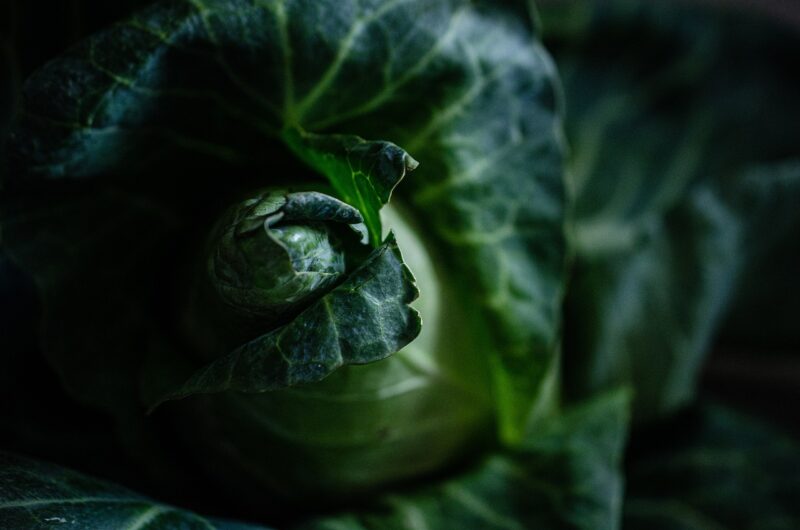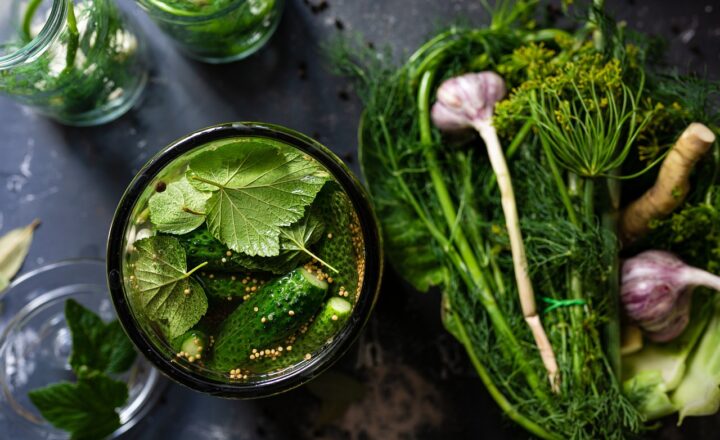
Grocery shopping is a necessary part of life, but it can often feel like you’re throwing money away as food spoils faster than you can consume it. With smart planning and proper techniques, you can make your groceries last longer, reduce waste, and save money. In this article, we’ll explore various practices and tips that will help extend the shelf life of your food items, ensuring you get the most out of your purchases.
1. Understand Expiration Dates
It’s crucial to know the difference between ‘sell by,’ ‘use by,’ and ‘best by’ dates. Understanding these labels can help you manage your groceries more effectively:
- Sell By: This date tells the store when to remove a product from the shelves. Consumers can still eat the product for some time after this date if it’s stored properly.
- Use By: This is the last date recommended for the use of the product while at peak quality.
- Best By: This is not an expiration date but rather an indication of the period in which the product is at its best flavor or quality.
Knowing these dates helps you prioritize what to eat first and avoid wasting food too soon.
2. Proper Storage Techniques
Storing your groceries in the correct conditions can prevent spoilage:
- Keep Fruits and Vegetables Separate: Certain fruits, like apples and bananas, produce ethylene gas, which can speed up the ripening of nearby vegetables. Store them apart to extend freshness.
- Use Breathable Bags: For items like potatoes and onions, store them in breathable bags to prevent moisture accumulation and spoilage.
- Avoid Washing Produce Before Storage: Excess moisture can lead to mold and spoilage. Wash your fruits and vegetables just before using them.
- Utilize the Crisper Drawers: Store fruits, vegetables, and herbs in the refrigerator’s crisper drawers, which are designed to retain moisture and create a controlled environment.
These storage practices help maintain the integrity of your groceries, prolonging their freshness and edibility.
3. Embrace the Freezer
Freezing is one of the most effective methods for extending the life of your groceries:
- Freeze Fresh Herbs: Chop herbs, mix them with olive oil or water, and freeze them in ice cube trays. They can be added to dishes later for flavor without losing freshness.
- Seal and Label: Use airtight containers or freezer bags to limit the air exposure that can cause freezer burn. Label them with the date to ensure you use them within a reasonable time.
- Freeze Overripe Fruits: Overripe bananas can be frozen and used in smoothies or baked goods later. Similarly, berries and stone fruits can also be frozen for future use.
Using the freezer not only helps you enjoy your groceries longer, but it also allows for pre-prepared meals and snacks.
4. Smart Buying Practices
How you shop can significantly impact your food longevity:
- Buy in Bulk Wisely: Purchasing items in bulk can save money, but ensure the items have a long shelf life, or you’ll end up wasting them.
- Plan Meals Ahead: Create a meal plan based on what you currently have at home to avoid buying unnecessary items that may spoil.
- Check Your Pantry: Before you shop, evaluate the items you already have, focusing on those close to expiration to incorporate into your upcoming meals.
By being strategic in your purchasing habits, you can ensure that you only buy what you will use and enjoy before it spoils.
5. Preserving Leftovers
Leftovers are often leftover resources that can contribute to waste if not handled properly:
- Store Leftovers Promptly: Cool leftovers within two hours and then store them in airtight containers. This will prevent bacterial growth and spoilage.
- Revitalize Intelligent Leftovers: Get creative with your leftovers. Use roast chicken in salads or sandwiches, and repurpose vegetables into soups or stir-fries.
- Label and Date Containers: Clearly label your containers with the date they were created to establish a clear timeline for when they should be consumed.
Leftovers are a great way to minimize waste while providing convenience for meals throughout the week.
6. Composting and Sustainable Practices
Embracing sustainable practices can further reduce waste:
- Compost Food Scraps: Place vegetable peels, coffee grounds, and other compostable materials in a compost bin to reduce waste while enriching your garden.
- Educate About Food Waste: Share your tips with family and friends. The more people that adopt good practices, the less overall waste is produced in your community.
- Buy Local Produce: Purchase seasonal and local produce, which is likely to have a longer shelf life due to reduced travel distances and handled with care.
Sustainability can play a crucial role in how we manage our food resources, fostering a community better able to utilize its groceries effectively.
Conclusion
Making groceries last longer is more than just food preservation; it’s about creating thoughtful habits that promote sustainability while saving money. By understanding expiration dates, using proper storage techniques, leveraging your freezer, making smarter purchasing choices, preserving leftovers effectively, and embracing composting, you can ensure that your groceries remain fresh and enjoyable. Adopt these practices and take control of your grocery expenditure – your wallet and the planet will thank you!






